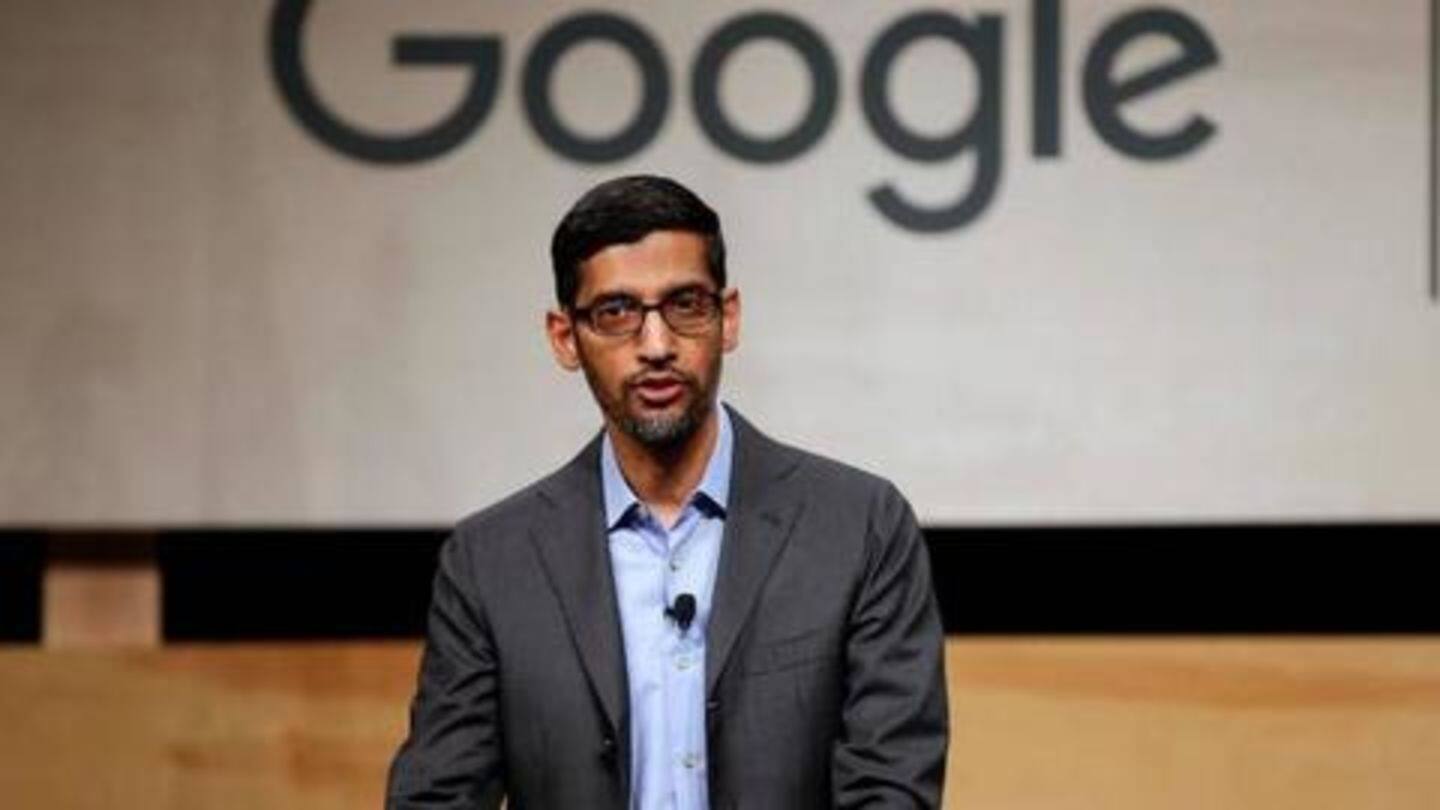
Google blocks over 18 million malicious COVID-19 messages daily
What's the story
Ever since COVID-19 outbreaks began, scammers have been taking advantage of people's fears around the disease to phish them for personal/financial information.
The practice has been going on for a while, but a new report from Google indicates these attacks have grown significantly, with millions of malicious emails being targeted at unsuspecting users on a daily basis.
Here's all about it.
Prevention
Gmail stopping malicious emails on daily basis
In a recent blog post, Google highlighted the situation of coronavirus-related email attacks, noting that in the last week alone, Gmail's AI-backed scanners flagged and blocked over 18 million malware and phishing emails revolving around the disease, almost daily.
The figure comes on top of another 240 million daily messages that were related to the pandemic and classified as 'spam' by the email service.
Details
Most messages 'created a sense of urgency'
Google says that most of the attacks and scams it saw either used fears around the transmission of coronavirus or offered a financial incentive to create a sense of urgency in the target's mind and get them to respond, give away confidential information.
The company cited some malicious email examples, including a case of World Health Organization seeking a donation.
Other cases
Cases of attacks against remote workers also highlighted
Among other cases, Google highlighted phishing attacks aimed at stealing information from employees working from home or from small businesses awaiting their respective government's stimulus packages.
The company emphasizes that its machine learning models "have evolved to understand and filter these threats" and are blocking 99.9% of spam, phishing, and malware from reaching Gmail users around the world.
Information
Gmail scans over 300 billion attachments every week
The high rate of malware detection and blocking is maintained even as Gmail's systems scan over 300 billion email attachments every week. Also, interestingly, out of the blocked malware, more than 63% are different from those detected frequently.
Prevention
Despite these protections, you should be careful
Now, even though Gmail is aggressively blocking malware and phishing, you should be prepared on your side to deal with anything that slips through.
This basically requires basic email hygiene, like checking every email carefully, including the name of its sender and their address, not clicking on any link in suspicious emails, and verifying the authenticity of a website before submitting information on it.